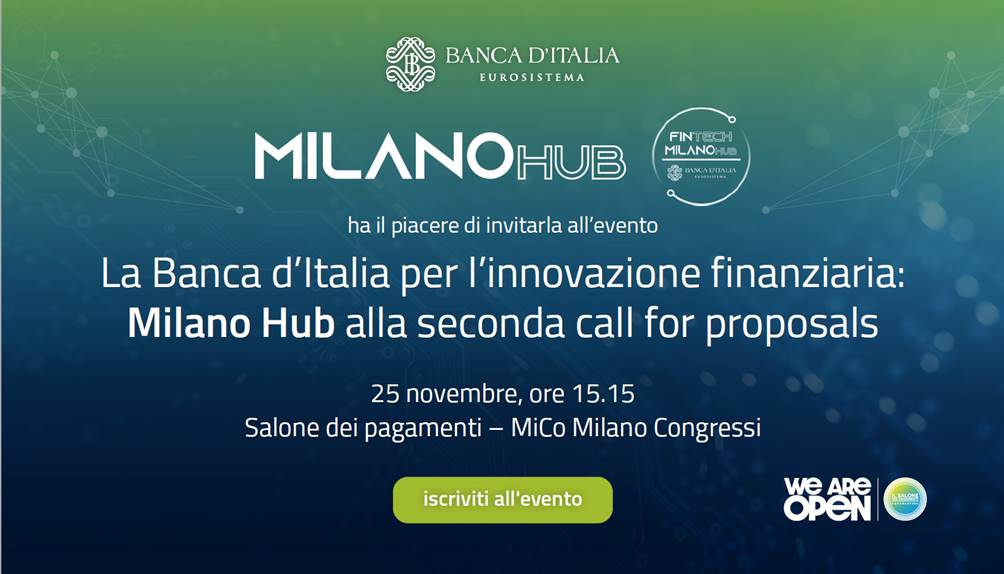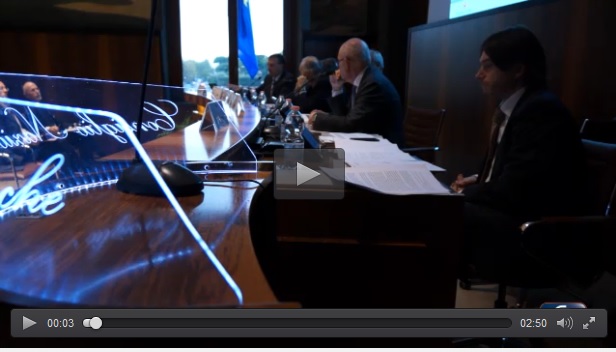Bibliografia complessiva
Amato M. e L. Fantacci (2009), Fine della finanza, (Roma Donzelli)
Amato, M. e L. Fantacci (2006), Monete complementari per i DES, Centro di ricerca di BPE
Bagnasco A. (1981), La questione dell’economia informale, in «Stato e Mercato», 1.
Coluccia P. (2001), La banca del tempo, Torino: Bollati Borighieri
Dalton G. (1961), Economic theory and primitive society, in «American Anthropologist», 63(1).
Feige E. (1990), Defining and estimating underground and informal economies: The new institutional economics approach, in «World Development», 18.
Gesell S. (1958), The Natural Economic Order, London: Peter Owen Ltd.
Gómez G. (2009), Argentina’s Parallel Currency: The Economy of the Poor, London: Pickering & Chatto.
Greco, Jr., Thomas H. (2009): The End of Money and the Future of Civilization
Greco T. ( 2013) Reclaiming the Credit Commons Towards a Butterfly Society
Latouche S. (2007), La scommessa della decrescita, Milano: Feltrinelli
Lietaer, B. (2001), The future of Money, Century, London
North, P. (2012), La Moneta Locale, Bologna: Arianna Editrice
Perna T. (2014), Monete locali e moneta globale. La rivoluzione monetaria del XXI secolo, Milano: Altraeconomia.
Robertson J. (1999), The New Economics of Sustainable Development: A Briefing for Policymakers, London: Kogan Page.
Ruzzene, M. (2009), Crisi finanziarie delle economie pubbliche e pseudo monete locali’. In: Musacchio R., A. Pizzo, P. Sullo and P. Sentinelli (ed.s), Senza Soldi. Napoli: Intramoenia, 2013
Ruzzene, M. (2017), “Monete alternative e diritti sociali. Sviluppi recenti delle reti italiane di scambio e credito mutuale in una prospettiva di cura dei beni comuni”, in AAVV, Rapporto sui diritti globali 2017, Roma: Ediesse
Sassen S. (2006), Cities in a World Economy, USA-London-New Delhi: Pine Forge Press.
Slater , M. (2019) Building the Credit Commons with Mutual Credit Clubs
Slater, M. e T. Jenkins (2016) The credit commons: a money for the solidarity economy
Tarozzi, D. (2019) Una moneta chiamata fiducia, Firenze: Chiarelettere
Wray, R. L. (2004), Credit and State Theories of Money, Cheltenham - UK: Edward Elgar




